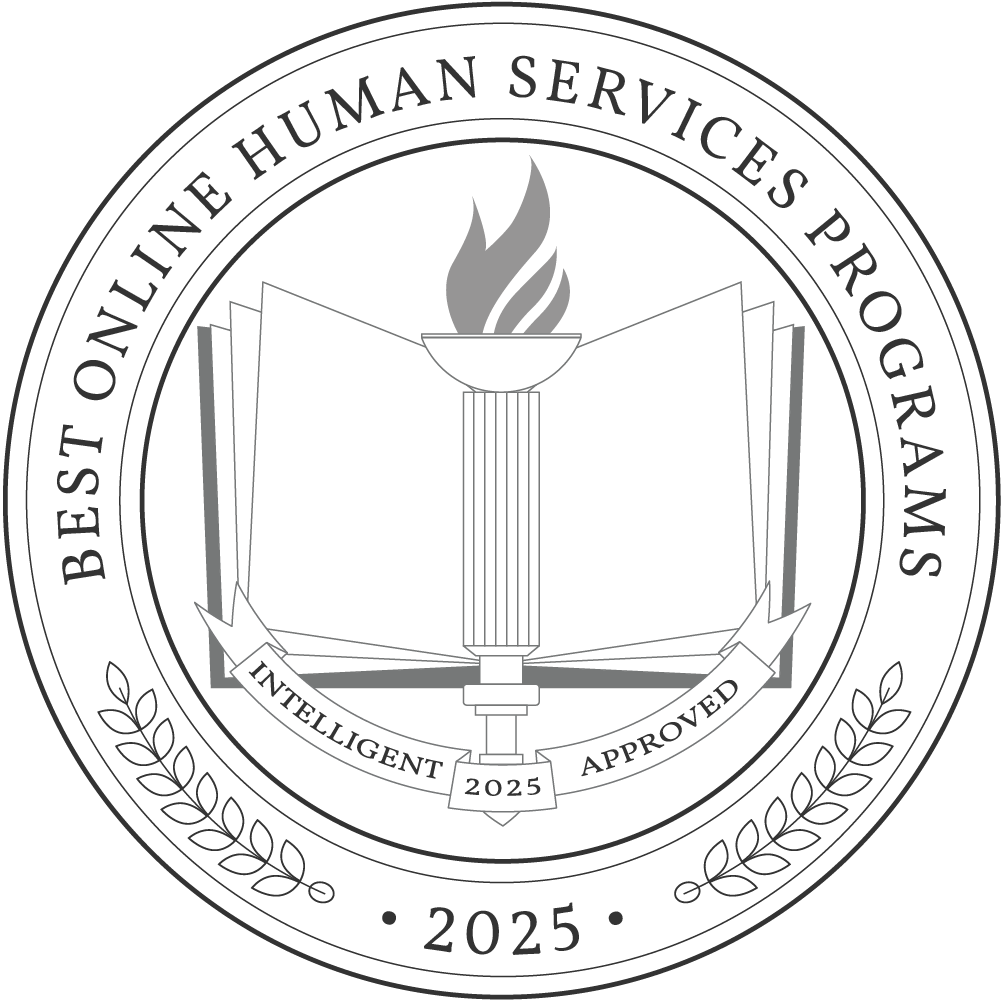An online human services degree program prepares students for various public service careers in community organizations, healthcare agencies, schools, counseling centers, and more. Human services degrees are available at multiple levels, including associate, bachelor’s, and master’s. Depending on a student’s education level, they can pursue jobs such as social and community service manager, earning a median annual salary of $77,030; addictions counselor, earning a median salary of $53,710; and career counselor or advisor, earning a median salary of $61,710.
Students must earn at least 120 credits for a bachelor’s degree in human services and 30 credits for a master’s. According to the National Center for Education Statistics, the average annual tuition for undergraduate degree programs is $7,998 at public institutions and $34,923 at private schools. For graduate degrees, tuition averaged $12,596 at public universities and $28,017 at private colleges.
Why Trust Us
The Intelligent.com Higher Education Team is dedicated to providing students with independent, equitable school and program rankings and well-researched resources. Our expert-driven articles cover topics related to online colleges and programs, paying for school, and career outlooks. We use data from the U.S. Department of Education’s College Scorecard, the National Center for Education Statistics, and other reputable educational and professional organizations. Our academic advisory team reviews content and verifies accuracy throughout the year for the most current information. Partnerships do not influence rankings or editorial decisions.
- Analyzed over 2,000 national, accredited, and nonprofit colleges and universities
- 800+ rankings pages are reviewed and updated yearly
- Content is informed by reputable sources, surveys, and interviews with academic advisors and other experts
- Over 100 data points are reviewed for accuracy and quality throughout the year, including sources
How we rank schools
Our list features the best online Human Services degree programs at top colleges nationwide. Each school featured is a nonprofit, accredited institution — either public or private — with a high standard of academic quality for post-secondary institutions.
We evaluated each school’s program on tuition costs, admission, retention and graduation rates, faculty, reputation, and the student resources provided for online students. We collected data from trusted sources like the National Center for Education Statistics, individual school and program websites, school admissions counselors, and other data sources. Then, we calculated the Intelligent Score on a scale of 0 to 100 based on the following criterion:
Academic Quality:
- Admission rate versus enrollment rate
- Retention rate of students who return after year one
- Accreditation status (regional and programmatic)
- Nonprofit status, both private and public institutions
Graduation Rate
- Overall graduation rate
- Total number of currently enrolled students, including diversity metrics
- Student-to-faculty ratio
Cost and ROI
- In-state and out-of-state per-credit tuition rates and fees
- Required credits to graduate
- Earning potential after graduation
- Availability of federal student loans, scholarships, and other financial aid options
Student Resources
- Available student services for online-only and hybrid programs
- On-campus amenities like tutoring centers and the number of libraries
Read more about our ranking methodology.
Best 49 Accredited Online Human Services Degree Programs
FiltersInstitution Type
Status
- Intelligent Score
- Alphabetically By University Name
- Acceptance Rate
- Enrollment
- In-state Graduate Tuition
- Out-of-state Graduate Tuition
- In-state Undergraduate Tuition
- Out-of-state Undergraduate Tuition
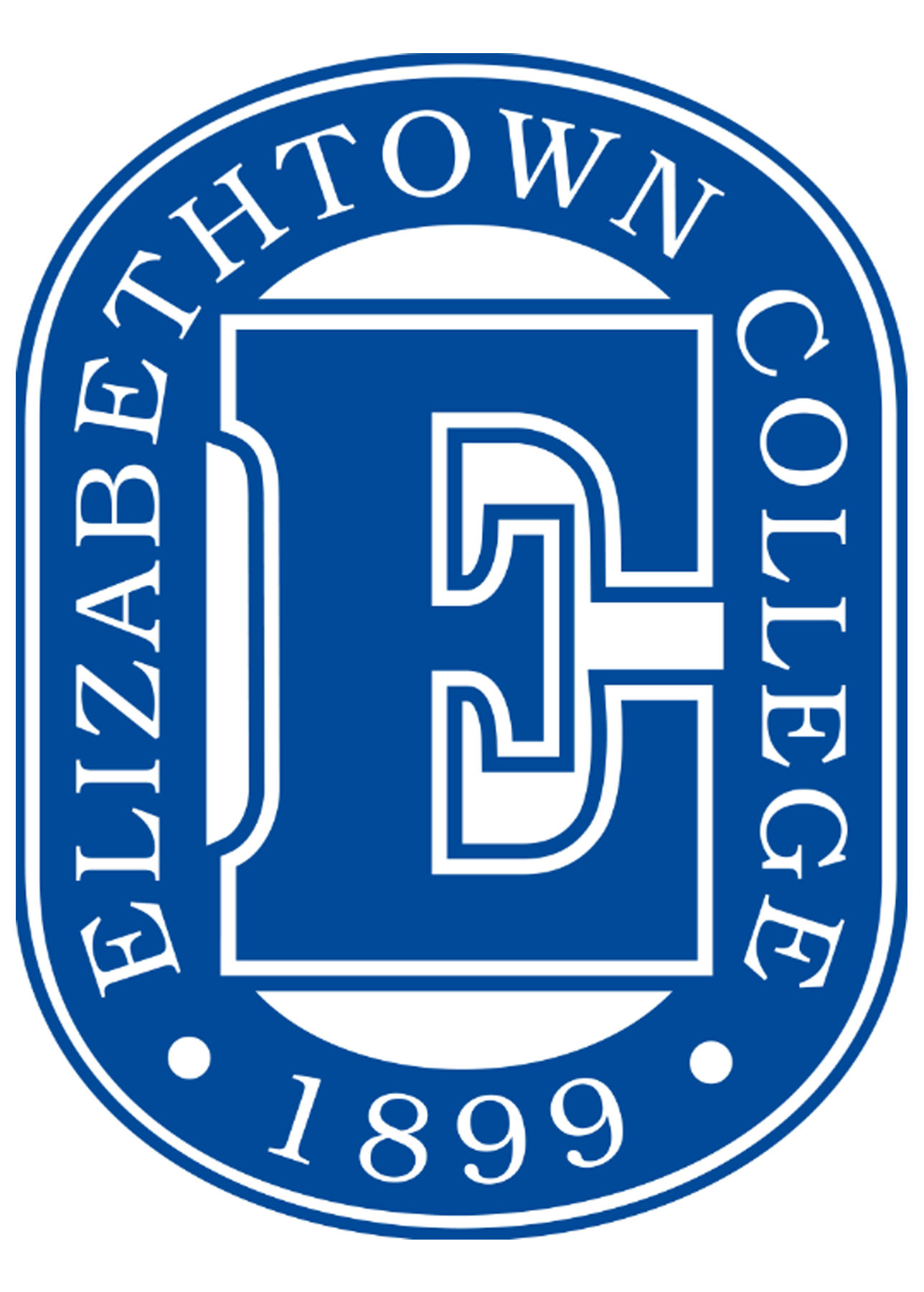
Elizabethtown College
Intelligent Score: 99.47In-state: $32,960
Out-of-state: $32,960
In-state: $32,960
Out-of-state: $32,960
SAT: 1080-1280
ACT: 20-26
$525
Online
Middle States Commission on Higher Education
125

University of Arizona
Intelligent Score: 98.4In-state: $10,990
Out-of-state: $33,273
In-state: $11,938
Out-of-state: $11,938
SAT: 1090-1350
ACT: 21-29
$500
Online, On-Campus
Council for Standards in Human Service Education
120

University of Wisconsin Oshkosh
Intelligent Score: 97.87In-state: $9,273
Out-of-state: $37,161
In-state: $10,728
Out-of-state: $10,728
SAT: 1260-1460
ACT: 27-32
$233 - $311
Online
Council for Standards in Human Service Education
120

St. Joseph's University, New York
Intelligent Score: 97.48In-state: $28,590
Out-of-state: $28,590
In-state: $19,350
Out-of-state: $19,350
SAT: 1020-1200
ACT: 22-26
$780
Online
Middle States Commission on Higher Education
120

CSU Global
Intelligent Score: 96.67In-state: $9,426
Out-of-state: $28,147
In-state: $10,520
Out-of-state: $10,520
SAT: 1070-1280
ACT: 23-29
$375
Online
Higher Learning Commission
120

Ohio University
Intelligent Score: 95.5In-state: $27,574
Out-of-state: $38,254
In-state: $18,138
Out-of-state: $18,138
SAT: 1070-1290
ACT: 22-27
In-State: $307
Out-of-State: $312
Online
Higher Learning Commission
120

Southern New Hampshire University
Intelligent Score: 94.49In-state: $9,600
Out-of-state: $9,600
In-state: $18,810
Out-of-state: $18,810
SAT: N/A
ACT: N/A
$330
Online
New England Commission of Higher Education
120

LeTourneau University
Intelligent Score: 94.37In-state: $31,740
Out-of-state: $31,740
In-state: $18,630
Out-of-state: $18,630
SAT: 1110-1330
ACT: 22-29
$380 - $410
Online
Southern Association of Colleges and Schools Commission on Colleges
120
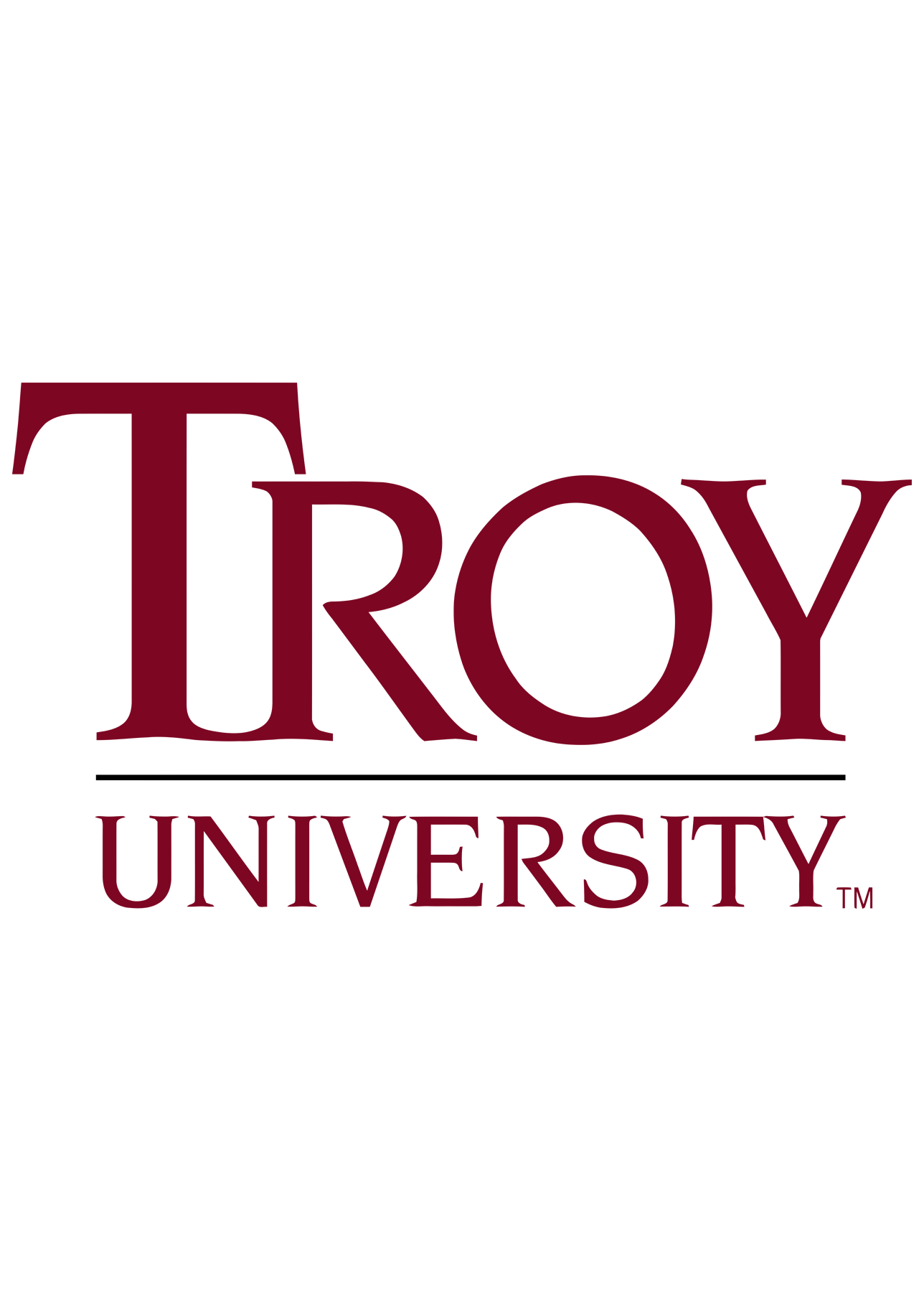
Troy University
Intelligent Score: 94.29In-state: $7,800
Out-of-state: $15,600
In-state: $7,650
Out-of-state: $7,650
SAT: 935-1105
ACT: 18-25
$424
Online, On-Campus
Southern Association of Colleges and Schools Commission on Colleges
120

Western Washington University
Intelligent Score: 93.84In-state: $7,377
Out-of-state: $24,135
In-state: $11,061
Out-of-state: $11,061
SAT: 1080-1270
ACT: 22-28
$298
Online, On-Campus
Council for Standards in Human Service Education
120

Indiana Wesleyan University
Intelligent Score: 93.62In-state: $28,184
Out-of-state: $28,184
In-state: $13,512
Out-of-state: $13,512
SAT: 1010-1200
ACT: 21-27
$395
Online, Hybrid
Higher Learning Commission
120

Mercer University
Intelligent Score: 92.77In-state: $28,695
Out-of-state: $28,695
In-state: $14,964
Out-of-state: $14,964
SAT: 1180-1340
ACT: 25-31
$544
Online, On-Campus, Hybrid
Southern Association of Colleges and Schools Commission on Colleges
120

Old Dominion University
Intelligent Score: 92.32In-state: $7,029
Out-of-state: $26,664
In-state: $10,207
Out-of-state: $10,207
SAT: 960-1170
ACT: 18-25
In-State: $408
Out-of-State: $439
Online, On-Campus
Council for Standards in Human Service Education
120
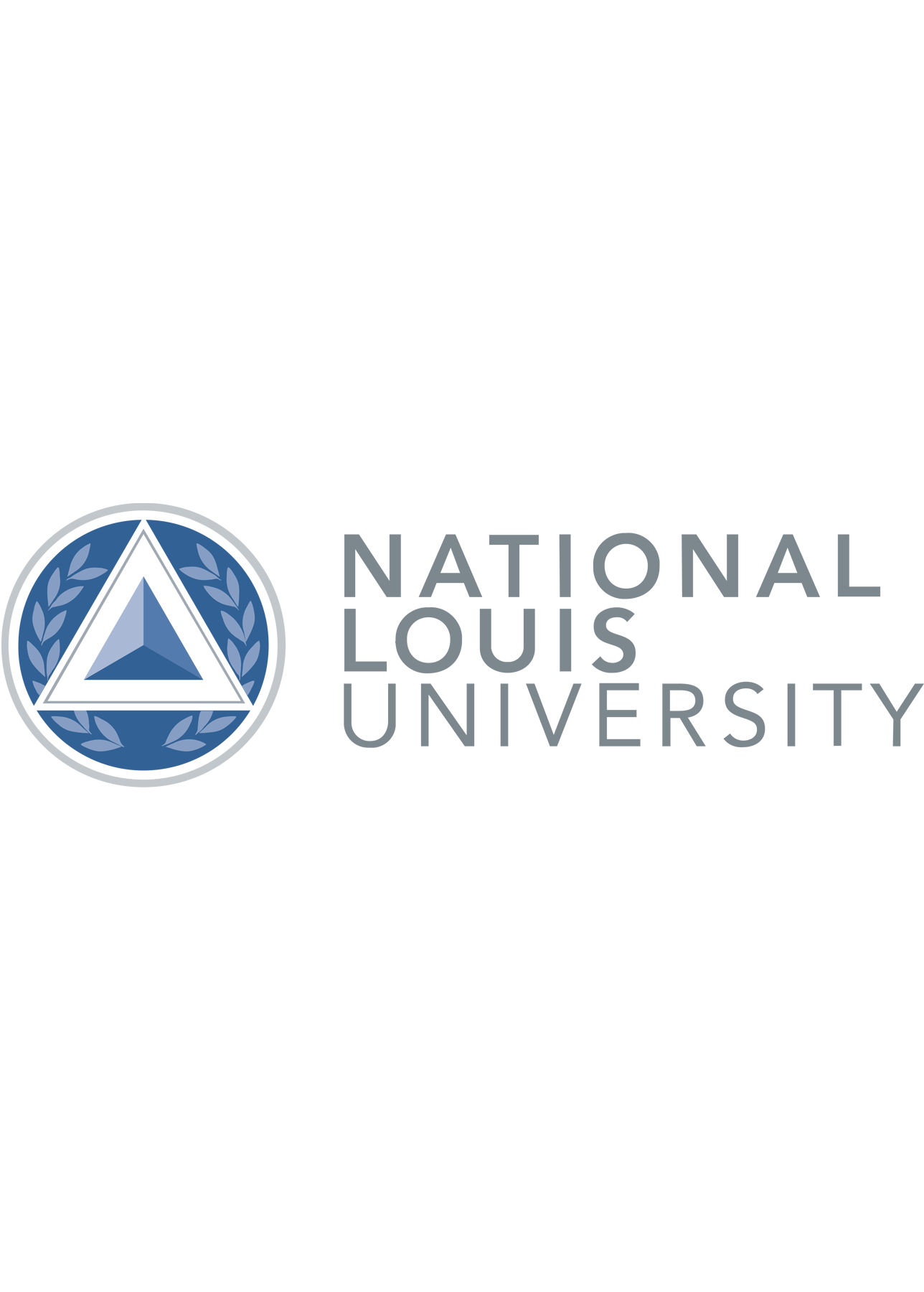
National Louis University
Intelligent Score: 90.46In-state: $13,419
Out-of-state: $13,419
In-state: $11,646
Out-of-state: $11,646
SAT: N/A
ACT: N/A
$430
Online, On-Campus
Higher Learning Commission
120
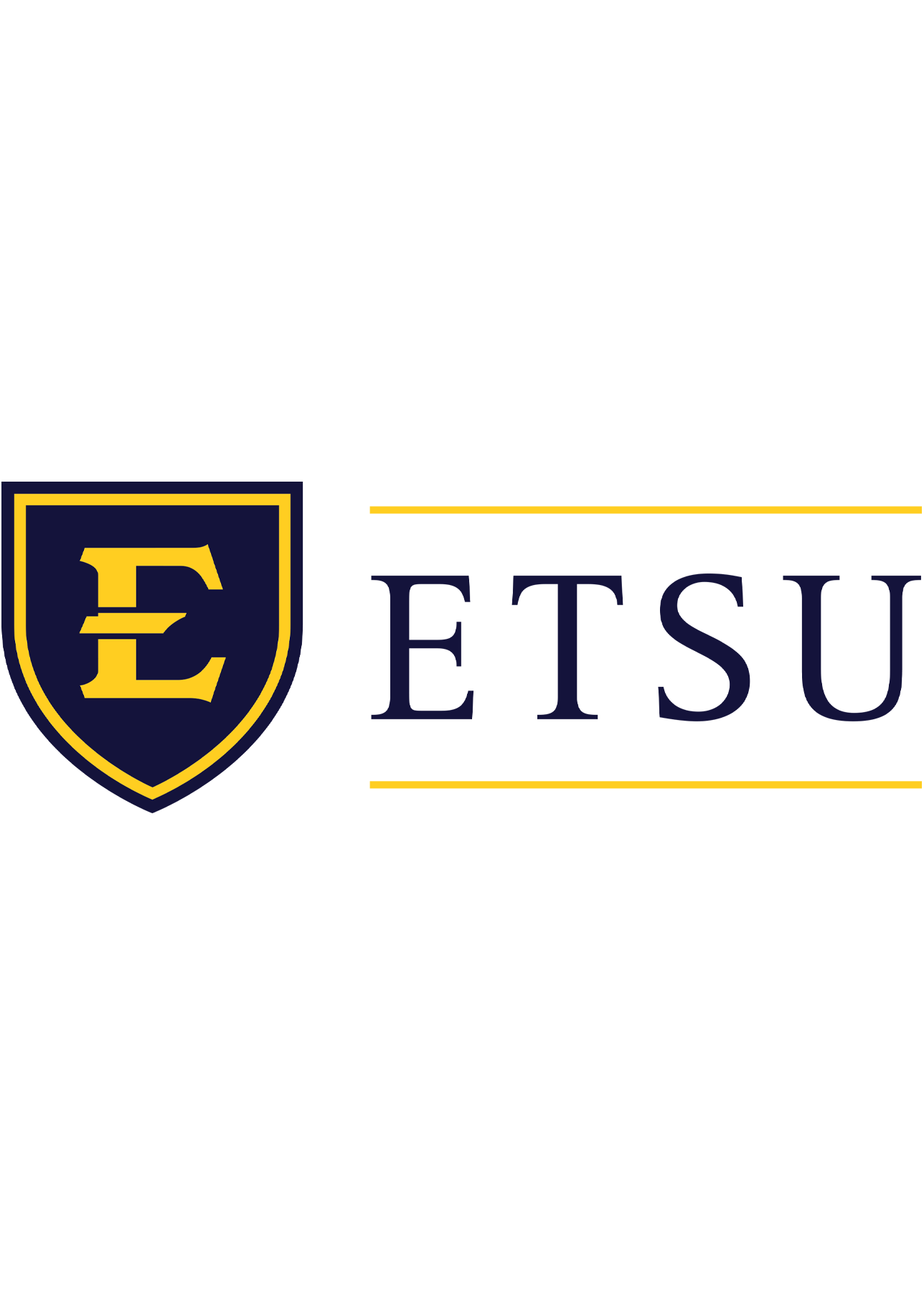
East Tennessee State University
Intelligent Score: 90.06In-state: $7,340
Out-of-state: $25,487
In-state: $8,640
Out-of-state: $8,640
SAT: 940-1170
ACT: 20-27
$507
Online
Council for Standards in Human Service Education
120
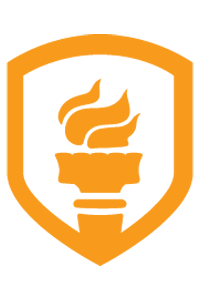
Empire State University
Intelligent Score: 89.87In-state: $22,984
Out-of-state: $32,894
In-state: $27,822
Out-of-state: $27,822
SAT: N/A
ACT: N/A
In-State: $295
Out-of-State: $353
Online
Middle States Commission on Higher Education
124
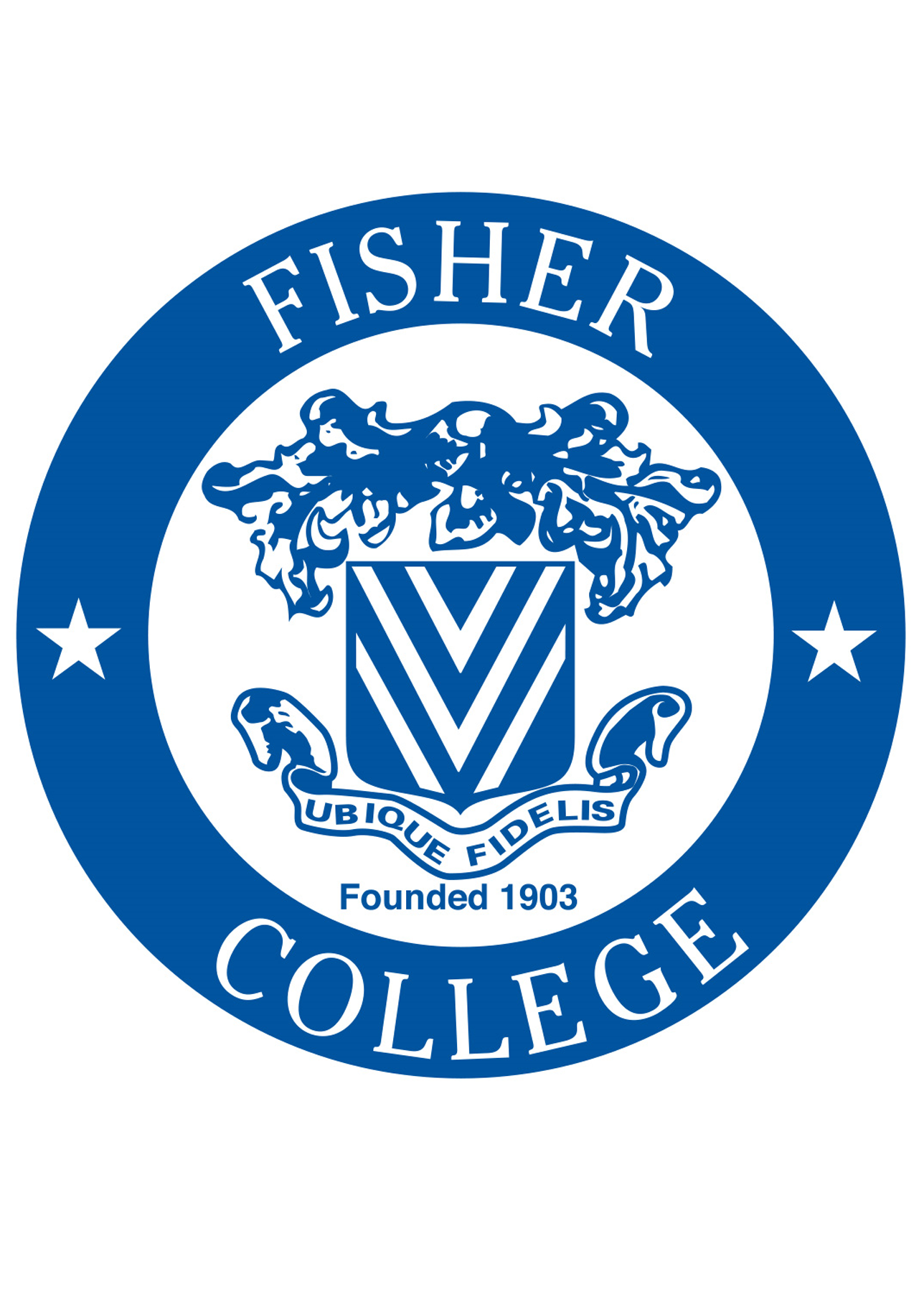
Fisher College
Intelligent Score: 89.79In-state: $31,700
Out-of-state: $31,700
In-state: $26,166
Out-of-state: $26,166
SAT: 820-1060
ACT: 13-20
$420
Online, On-Campus
New England Commission of Higher Education
120
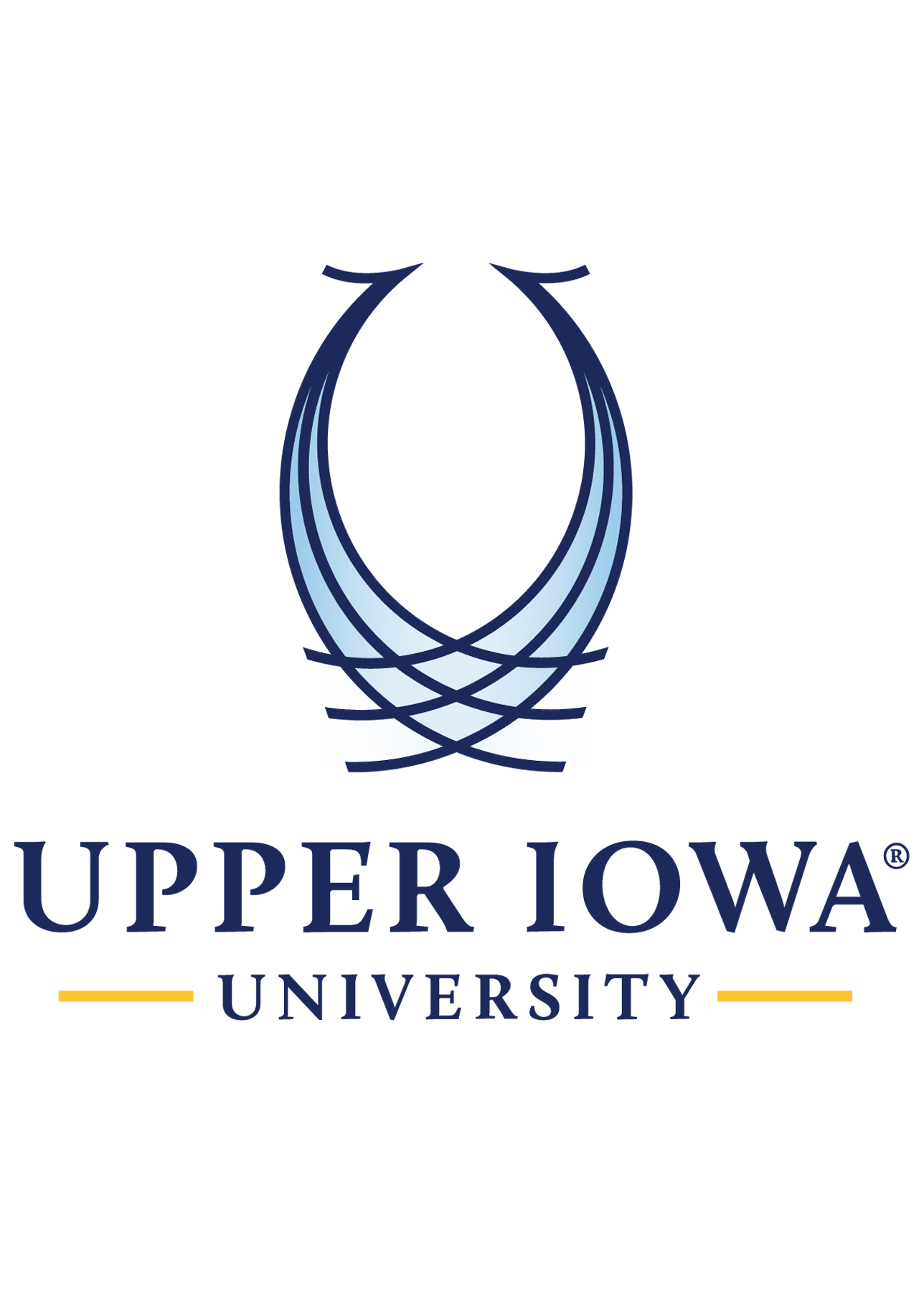
Upper Iowa University
Intelligent Score: 89.78In-state: $31,950
Out-of-state: $31,950
In-state: $19,152
Out-of-state: $19,152
SAT: 860-1046
ACT: 18-23
$505
Online, On-Campus
Higher Learning Commission
120
How to Choose an Online Human Services Degree Program
Choose your area of study
Even if you’ve already selected human services as your area of study, take some extra time to reflect on the specific career path you’re interested in pursuing and what skills and experiences you’ll need to get there. This reflection will help you select the most appropriate degree for your future career. For example, if you’re considering becoming a social worker, a Bachelor of Social Work (BSW) might be a better fit than a Bachelor of Science (BS) in human services, a more general degree that might not meet all requirements for social work certification. Some programs will also allow you to select a concentration and focus your studies on a particular niche in this field, such as gerontology or community health.
Research schools and programs
You should only apply to institutions that have been approved by a DOE-recognized regional accrediting organization, such as the New England Commission of Higher Education or Northwest Commission on Colleges and Universities. These organizations evaluate schools to ensure they provide students with a high-quality education. Those who attend a school that isn’t regionally accredited may be unable to access financial aid or transfer credits to another institution if needed.
Ideally, your online human services degree program will also be accredited by a respected industry group like the Council for Standards in Human Services Education (CSHSE).
Students should seek out answers to the following questions as well:
- Who are the human services faculty members, and what are their credentials?
- How much do students interact with faculty?
- What are the resources available to students?
- What are the program’s graduation and job placement rates?
- What are the graduation requirements?
- How affordable is the school compared to your other options?
To learn more about any schools that you’re interested in, you can visit the school’s website, contact an admissions counselor, follow the school on social media, or attend an in-person or virtual open house.
Prepare for tests and applications
While the exact application process varies by school, online human services degree programs typically request the following documents:
- Official transcripts from previously attended schools
- Letters of recommendation
- Personal statement
- Resume
Depending on the degree level and program, schools may require standardized tests, like the SAT or ACT for undergraduate students or the GRE for graduate students. Individuals applying to master’s programs may also need to demonstrate professional experience or prerequisite coursework in a related field.
Always contact an admissions counselor to ensure you have the most accurate information regarding requirements and deadlines.
Select your program
Compare your research on various human services degree programs and rank them based on which ones meet all or most of your needs. There’s no magic number of programs to apply to, but students should remember that most online human services degree programs charge application fees, which can become costly.
Rather than submit all applications simultaneously, students may want to submit to one or two of their top picks, wait for a response, and send more if necessary. They can also seek application fee waivers from each university.
Before making your final decision, review your needs and goals again. Do you plan to attend school full-time or part-time? Do you want your program to be as online as possible, or are you fine with a hybrid program that has a fair amount of in-person requirements? Some programs offer asynchronous courses, which can be completed at your own pace, while others only offer synchronous courses, which involve remotely attending lectures and completing assignments at the same time as other students — which of these two online learning formats do you prefer? Your school should accommodate your scheduling needs and learning preferences.
Determine how you’ll pay for your degree
Speak to financial aid counselors at the schools you’re interested in for the most accurate and specific information about program cost and financing options.
Bachelor’s and master’s-level students can apply for scholarships, grants, work-study jobs, and federal student loans by completing the Free Application for Federal Student Aid (FAFSA). Before borrowing any student loans, students should know the difference between direct subsidized and direct unsubsidized loans and ensure their loans comply with the Higher Education Act of 1965 regarding fixed interest rates.
Those working full-time jobs while attending an online human services degree program can check with their employer regarding tuition assistance opportunities. Students can also research scholarships and grants from local and state organizations, nonprofits, religious organizations, and more.
What Can You Expect from an Online Human Services Degree?
What to expect varies based on a student’s concentration in human services. For example, students with a social work focus will learn to coordinate services for community members needing help, like counseling, food stamps, housing, and specialty doctors. Students in a counseling concentration will learn techniques to help clients improve their mental health and overcome problems like addiction.
Criminal justice concentrations focus on interacting with and assessing people on probation and parole. At the same time, educators learn to assess students and make recommendations and referrals to help meet their physical, psychological, social, and academic needs. Students in a healthcare concentration learn to educate the public on health matters and improve their overall well-being. Whether they work in a hospital or nonprofit, they advocate for positive community health.
Many programs may also include a practicum or internship, giving students hands-on experience working in a human services capacity.
Potential courses you’ll take in an online human services degree program
- Introduction to Human Services. Students review the history and importance of the human services field and the many career options available. They learn the various theories regarding ethics, legal issues, case management, and communication.
- Human Development. Students study theories and developmental stages from birth to death. They explore psychological, physical, cognitive, and social human development to help assess and create treatment plans for individuals and groups within the community.
- Ethics and the Law. Students learn the importance of working within the ethical and legal boundaries of the client-professional relationship. Real-world case studies teach students to apply their skills.
- Multicultural Issues. Students explore how the many factors of diversity, including culture, socioeconomic status, gender, gender identity, age, disability, and spirituality, affect professional relationships. Discussion topics include multicultural competencies, racism, prejudice, and privilege.
- Continuum of Care. Students learn to assess individuals to determine the level of care they need, including standard outpatient counseling, inpatient hospitalization, or intensive outpatient.
What Can I Do With an Online Human Services Degree?
An online human services degree prepares students for many rewarding careers in their community. After studying human development, counseling, and ethics, graduates are prepared to help people as leaders in the human services industry.
Earning an online human services degree also equips graduates for advancement in their chosen careers. A counselor with a bachelor’s degree can earn a master’s degree to become a specialized school or career counselor, while a community health worker may advance to a health education specialist after earning a degree in human services.
Career outlook
- Mental health counselor — Work with individuals and groups of clients to handle issues such as substance abuse, trauma, or mental illness in a variety of healthcare settings and clinics.
- Median annual salary: $53,710
- Projected employment growth (through 2032): 18%
- New jobs projected: 42,000
- Social worker — Manage a caseload that includes families and individuals and help them handle obstacles that impede their success and happiness in society.
- Median annual salary: $58,380
- Projected employment growth (through 2032): 7%
- New jobs projected: 63,800
- Social and community service manager — Supervise programs managed by nonprofit organizations or other community resources and reach out to different facets of the community for support and participation.
- Median annual salary: $77,030
- Projected employment growth (through 2032): 9%
- New jobs projected: 16,000
Online Human Services Degree Program Frequently Asked Questions
How do I apply to an online human services degree program?
To ensure they submit the correct supporting materials without missing a deadline, students should contact the school’s admissions department. Generally, online human services degree programs require the following materials:
- Completed application with fees
- Resume showing work experience, honors, and unique talents
- Personal interest essay on why you chose human services
- Letters of recommendation from reputable sources
- Transcripts of any previous education showing overall GPA
- Standardized test scores, if necessary, may include the Scholastic Aptitude Test (SAT) or the American College Testing (ACT) for bachelor’s programs and the Graduate Record Exam (GRE) for master’s programs
Colleges generally accept applications and all other required materials electronically. Undergraduate students can complete the Common Application to apply to multiple schools at once.
How much does an online human services degree program cost?
The cost of an online human services degree program will vary based on a few different factors. Private schools typically charge higher tuition rates than public universities. However, public schools often charge out-of-state students a much higher tuition rate than in-state students.
Schools also typically charge online students additional fees for technical support and learning technology, student support services, library resources, labs, and more. Other common expenses include textbooks and supplies, application fees, standardized tests, and official transcripts.
How long does it take to complete an online human services degree program?
A bachelor’s degree requires at least 120 credit hours, usually taking full-time students four years to complete. Master’s programs require a minimum of 30 credit hours, which can be completed in one to two years of full-time study.
However, several factors can affect program duration. Part-time students need more time to earn their degrees, while students enrolled in accelerated or degree-completion programs will need less time.
The delivery format of an online program also matters. Some online programs are asynchronous, meaning students can complete them independently. Others are synchronous, with students taking scheduled classes at a pre-determined pace.
Is a human services degree worth it?
Most careers in this field require at least an associate degree, if not a bachelor’s or master’s degree. While some jobs in human services may not require a degree, any career that involves one-on-one client relationships or managerial leadership often requires applicants to have at least a bachelor’s degree in human services or a similar field.
Earning a degree in human services also makes graduates aware of societal issues outside of their understanding. Both theoretical and practical work within a human services degree program can give graduates valuable insight into their future careers and the communities in which they live.
Compare School Options
Related Degrees
- Philosophy
- Media Communication
- Environmental Management
- Sociology
- Environmental Science
- Social Work
- Journalism
- History
- Political Science
- Creative Writing
